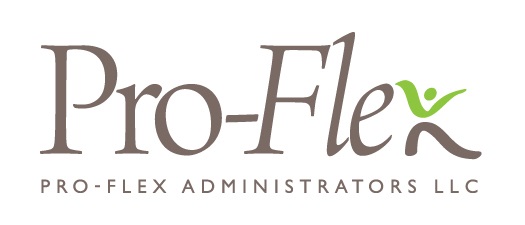This week brought significant developments with respect to two very important issues affecting health FSAs.
On Wednesday, the IRS issued Notice 2012-42 to clarify how the cap on salary deferrals to a health FSA will work. The guidance was generally quite favorable and included the following important provisions:
1. The cap only applies to FSA plans that begin on or after January 1, 2013. This cleared up uncertainty regarding non-calendar year plans beginning in 2012; the cap will not apply to such plans until the following plan year. As an example, an FSA plan that runs from July 1, 2012 to June 30, 2013 will be exempt from the cap; the cap will apply to the following year plan (beginning July 1, 2013).
2. Amounts carried over during a plan grace period do not count toward the cap.
3. Relief is provided for certain salary reduction contributions that exceed the cap that are due to a reasonable mistake and not willful misconduct and are corrected by the employer.
4. Employers have until the end of 2014 to amend their plan documents to incorporate the cap (the cap, however, will apply beginning in 2013 regardless).
5. If both spouses have an FSA available, each can fund his/her health FSAs to the full amount of the cap. In addition, if an individual is employed by two separate employers who are not members of the same controlled group or affiliated service group (as defined by the IRS ), he or she may establish and fund an FSA at each employer up to the amount of the cap.
This guidance was welcome with respect to both timing and content. Importantly, it clears up ambiguity with regard to the treatment of non-calendar year plans and avoids potentially complicating situations that might have arisen with respect to certain employees in those plans.
It is the last provision above that should not be overlooked. It provides an opportunity for the industry to grow through the establishment of additional FSA accounts. Beginning next year, we estimate that more than 10% of FSA participants will be affected by the cap; that is, they currently contribute more than $2,500 to their FSA. To the extent that such employees have a spouse who has an FSA available and who does not participate, they should be educated and encouraged to open a second FSA. This would benefit the consumer by raising the household cap to $5,000 and result in growth in the number of FSA accounts nationwide. Evolution1 will be developing educational materials for use with employees at open enrollment and we make them available as soon as possible.
Finally, in this guidance the IRS also stated that it is considering changing the “use it or lose it” rule to provide relief to consumers and lower or eliminate the risk of loss. The IRS has invited comments on this issue. The comment period runs through August 17, 2012. This is potentially the most exciting news to hit the FSA market in years, but the specific form of the relief could significantly influence the extent to which employers would adopt any modification and employees would understand its value. We intend to remain at the center of the use or lose reform discussion in Washington and across the industry, playing a leading role in shaping the outcome. We will strive to keep you updated and solicit your support and input. A copy of the Notice is attached.
In a related development, on Thursday the House Ways and Means Committee reported out H.R. 1004, the Medical FSA Improvement Act, by a vote of 23-6. The bill provides for a cash-out of unused FSA funds on a taxable basis. In the markup process, a $500 cap on the cash-out amount was added to the bill. It remains to be seen if this development will have any effect on the IRS/Treasury deliberations on regulatory reform of use/lose. Despite W&M’s action, prospects for passage of this legislation in the current session of Congress are considered slim. Rather, the passage of this bill out of committee sets the issue up well as part of next year’s tax reform debate.





